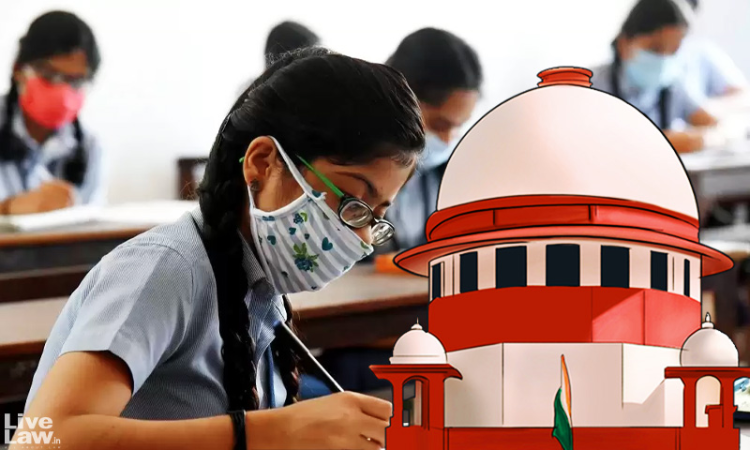The Supreme Court on September 1 set aside the order of the Delhi High Court that private schools should fill up the backlog seats of Economically Weaker Section (EWS) in the next five years in a phased manner(Venkateshwar Global School versus Justice For All).Further, the Supreme Court also set aside the High Court direction that the 25% EWS category students shall be filled up on the basis...

